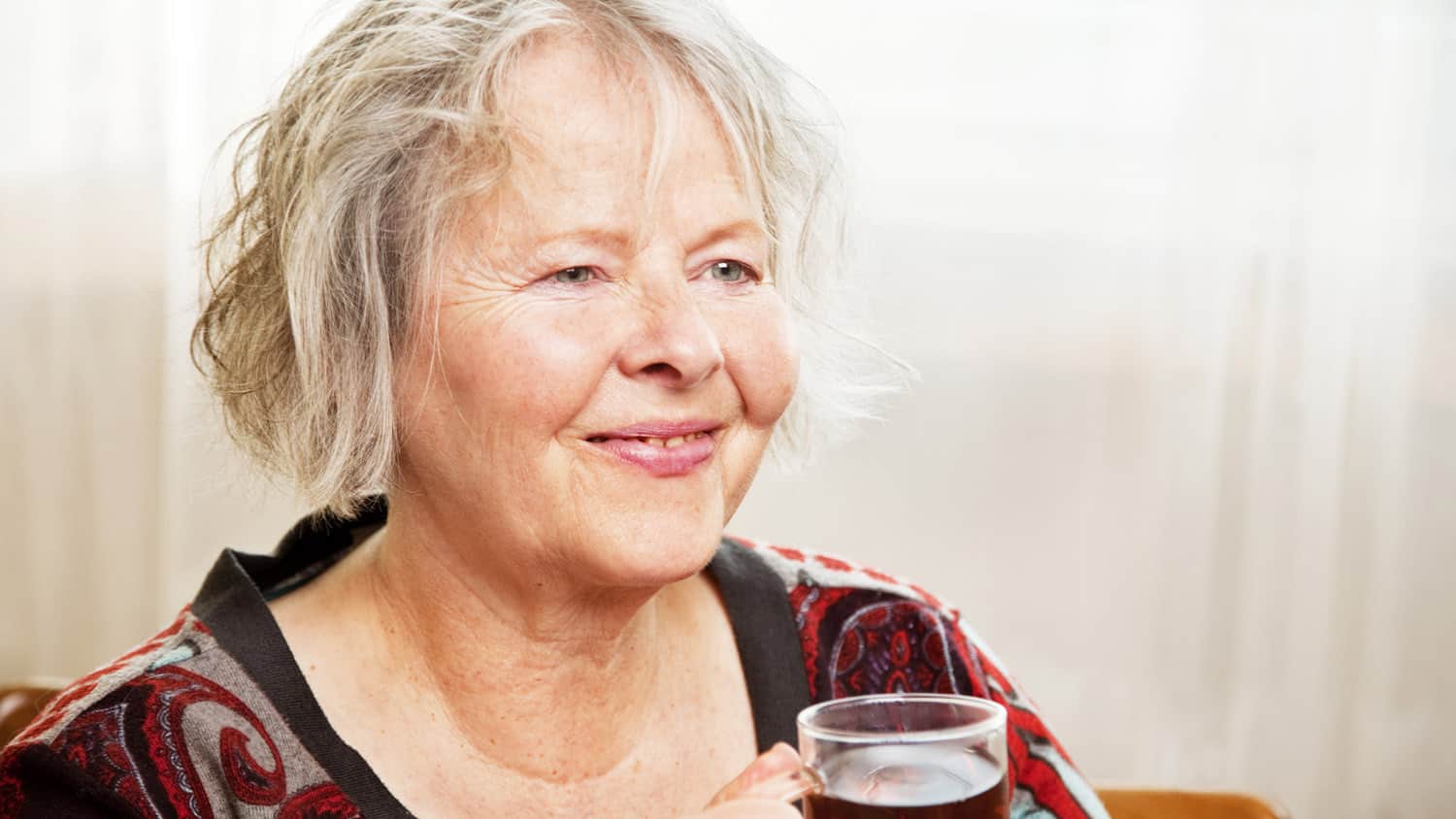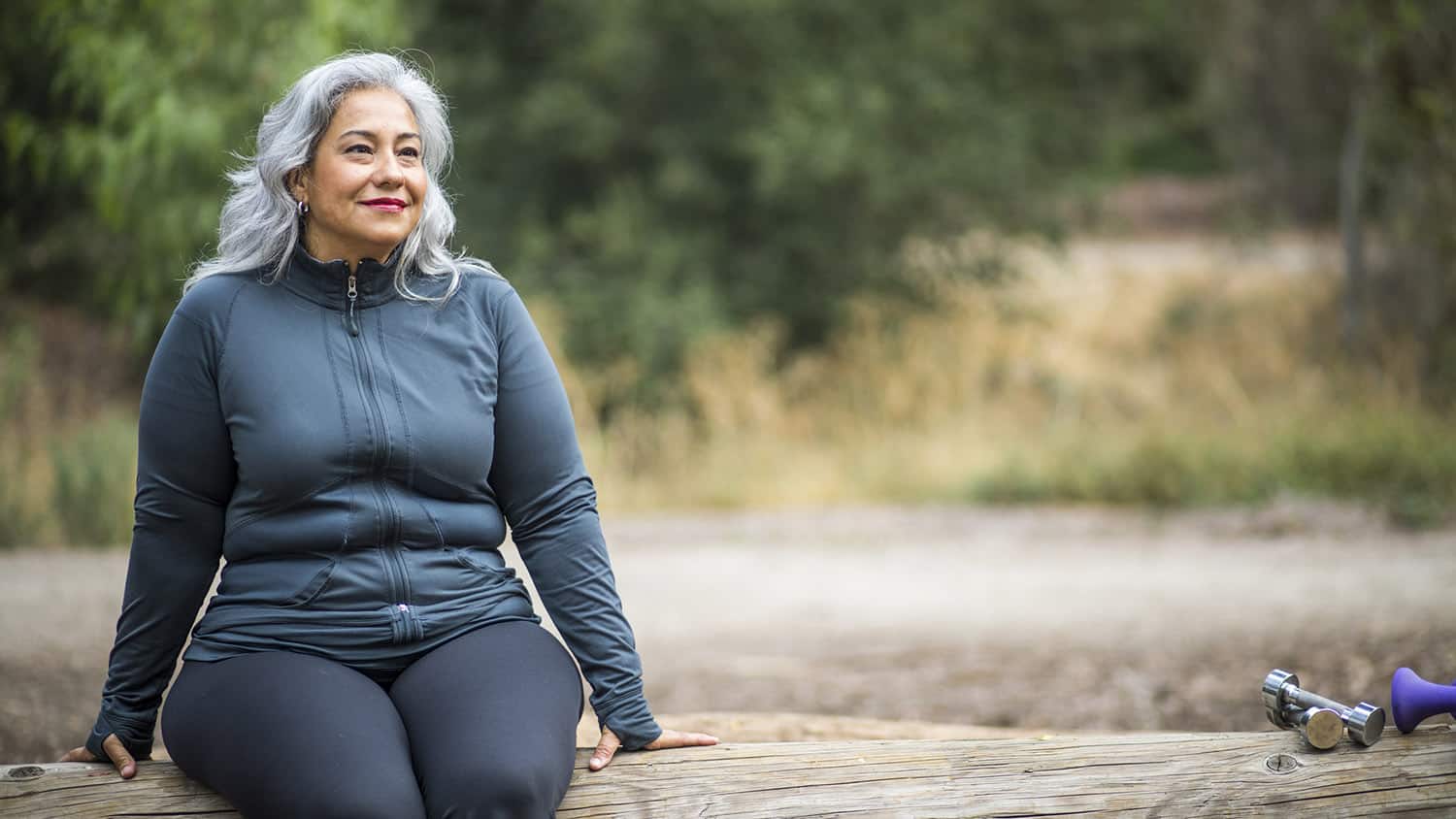
4 Reasons You May Have a Hard Time Losing Weight as You Age
It’s essential for older adults to prioritize maintaining a healthy weight as they age but, clearly, many are struggling to comply with lifestyle changes that make this possible.
Recent data shows that nearly three-fourths of senior men (72 percent) and more than two-thirds of women (66 percent) are either overweight or obese.
Why is it that so many seniors have a hard time losing weight? Read on to learn some of the most common reasons, along with tips on how to correct these problems.
Why Should Seniors Maintain a Healthy Weight?
Some seniors don’t worry about their weight as they age because they are no longer concerned with looking a certain way. Others simply think that gaining weight is part of the aging process.
Whatever their reason for not being concerned about their weight, it’s important for seniors to understand the serious health problems that come with carrying excess body fat. Some conditions that seniors are at risk for when they get older and gain weight include:
- Depression
- Heart disease
- Diabetes
- Pressure sores
- Respiratory issues
- Osteoporosis
Being overweight or obese also increases seniors’ risk of requiring nursing home care.
Why Some Seniors Have a Hard Time Losing Weight
Of course, a simple lecture about the importance of maintaining a healthy weight isn’t the most helpful. It’s also necessary to explore why some seniors struggle so much when it comes to losing weight.
Some of the most well-known reasons include:
Decreased Muscle Mass
Many seniors experience a decrease in their metabolism as they age. In fact, some studies show that the metabolism slows by five percent every decade after a person turns 40.
One reason for this decrease in metabolism has to do with a loss of muscle mass – known as sarcopenia – which hinders your body’s ability to burn calories as effectively as it used to.
In order to maintain muscle mass, or even increase it, it’s important for seniors to prioritize regular exercise, especially resistance training and weight-bearing exercises like walking, jogging, and stair climbing.
Increased Stress
Many seniors also experience an increase in stress as they age, caused by everything from retirement planning to caring for grandchildren.
Stress triggers increase the release of the hormone cortisol. This, in turn, can cause the body to store extra fat. People who are chronically stressed also tend to make poor food choices and may end up overeating high-calorie, highly processed foods.
Increased stress can also trigger digestive problems, which can contribute to weight management issues.
In order to manage stress effectively, seniors should work on identifying and limiting exposure to known stressors. Prioritizing sleep and getting regular exercise is also important.
Hormonal Changes
Hormonal changes also take place as seniors age. For example, older adults tend to develop a resistance to leptin, a hormone that helps regulate hunger and energy expenditure.
Aging can also trigger changes in thyroid hormone responsiveness, which can contribute to an increase in body fat mass.
Poor Diet
A poor diet can hinder seniors’ ability to shed excess weight. Many don’t realize that their diet isn’t a healthy one or they simply consume too many calories, even if those calories are coming from nutritious foods.
It’s not uncommon for one’s activity level to decline as they age. But, when they don’t account for their change in activity but continue to eat the same foods in the same quantities, seniors are likely to see the number on the scale start to climb.
It’s important for seniors to practice proper portion control and make sure their diet consists primarily of nutrient-dense foods, such as:
- Quality protein sources – eggs, pastured pork and poultry, wild-caught fish, grass-fed beef, etc.
- Fruits and vegetables – especially dark leafy greens and berries.
- Healthy fats like avocado and olive oil.
It’s also important for seniors – and everyone, for that matter – to drink plenty of water and avoid sugary sodas and other calorie-laden beverages.
Final Thoughts
While it can be more difficult for seniors to lose weight, it can be done. By making some lifestyle adjustments and being more aware of how the body changes with age, seniors can start taking steps to lose excess weight and live healthier, more fulfilling lives.
Are you finding it difficult to lose weight in your 60s? What are you doing to maintain a healthy weight? Please share any tips that have helped you in this war against weight gain.





